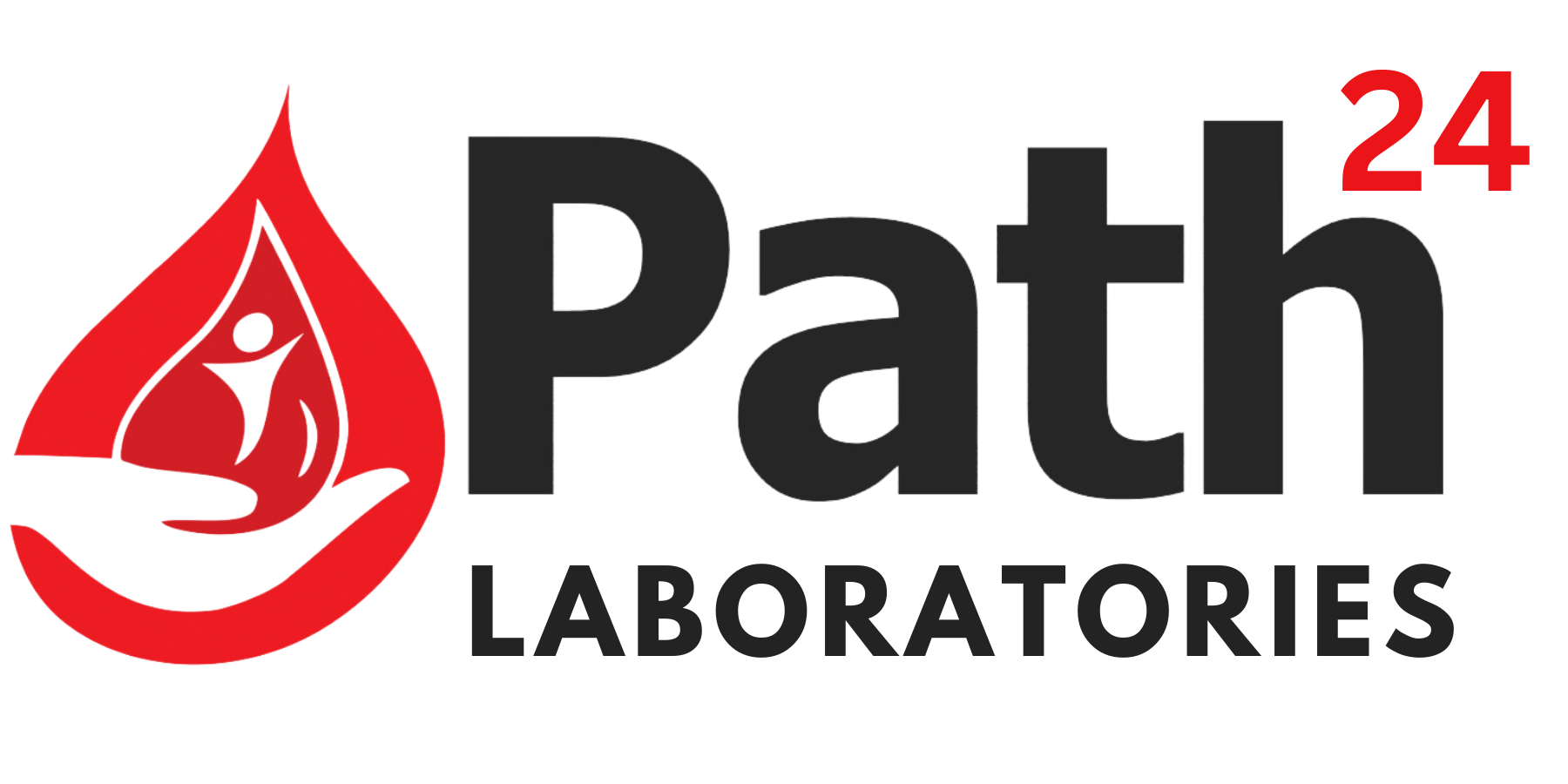From “One-Size-Fits-All” to a Tailored Approach: How Molecular Pathology is Revolutionizing Medicine
Remember the days when a single diagnosis meant a standard course of treatment for everyone? While this “one-size-fits-all” approach has been the cornerstone of medicine for decades, a new era is dawning. It’s an era of precision medicine, and at its heart is the powerful field of molecular pathology.
So, what exactly are these two game-changing concepts, and how are they working together to create a future of truly personalized healthcare?
What is Molecular Pathology?
Think of molecular pathology as the ultimate detective work for diseases. Traditional pathology examines tissues and cells under a microscope to identify abnormalities. Molecular pathology goes a step further, delving into the very molecules—like DNA, RNA, and proteins—to uncover the genetic and molecular changes driving a disease.
This sub-specialty uses advanced technologies to analyze a patient’s unique molecular makeup. By identifying specific mutations, genetic alterations, or changes in gene expression, molecular pathologists can provide a detailed, “sub-microscopic” understanding of a disease. This information is a critical piece of the puzzle, revealing not just what a disease looks like, but why it’s behaving the way it is.
The Rise of Precision Medicine
Precision medicine, often called personalized medicine, is a healthcare model that tailors medical decisions, treatments, and even preventative strategies to the individual patient. It moves beyond generic disease classifications and takes into account a person’s unique genes, environment, and lifestyle.
Instead of prescribing the same drug to all patients with a particular type of cancer, for example, precision medicine uses molecular insights to choose the most effective therapy for that specific patient’s tumor. This approach has the potential to dramatically improve treatment outcomes, reduce side effects, and save both time and money by avoiding ineffective therapies.
The Dynamic Duo: How They Work Together
The connection between molecular pathology and precision medicine is a symbiotic one. Molecular pathology provides the essential data that makes precision medicine possible. Here’s how this powerful collaboration works in practice:
- Targeted Therapies: In oncology, a key application of this partnership is the use of targeted therapies. Molecular pathologists analyze a patient’s tumor sample to identify specific genetic mutations. If a particular mutation is driving the cancer’s growth, a physician can prescribe a drug specifically designed to block that mutation. A well-known example is the use of BRAF inhibitors for melanoma patients with the BRAF gene mutation.
- Diagnosis and Prognosis: Molecular analysis can refine a diagnosis that looks non-specific under a microscope. It can differentiate between similar diseases and help predict how a disease will progress. This allows doctors to create a more accurate and effective treatment plan from the outset.
- Drug Development: Understanding the molecular basis of diseases also fuels the development of new, more effective drugs. By identifying new targets, scientists can design therapies that are more precise and have fewer off-target effects.
- Infectious Disease Management: The power of molecular pathology extends beyond cancer. By analyzing the genetic material of bacteria or viruses, it’s possible to identify specific strains and tailor antibiotic or antiviral treatments, a crucial step in combating antibiotic resistance.
Challenges and the Future of Molecular Pathology
While the promise of this field is immense, there are still challenges to overcome. These include:
- Data Interpretation: The sheer volume of data generated by genomic testing requires sophisticated bioinformatics tools and skilled professionals to interpret it accurately.
- Cost and Accessibility: Advanced molecular tests and equipment can be expensive, which may limit their accessibility in some healthcare settings.
- Standardization: Ensuring consistent and reliable results across different laboratories is crucial for patient safety and requires standardized protocols.
Despite these hurdles, the future of molecular pathology is incredibly bright. As technologies like Next-Generation Sequencing (NGS) become more affordable and widespread, we can expect to see an even greater integration of molecular insights into routine clinical practice. The field will continue to evolve, empowering doctors and patients alike to make smarter, more informed decisions about health and treatment.
In the end, this isn’t just a new set of tools; it’s a fundamental shift in how we approach healthcare. By treating the patient, not just the disease, molecular pathology is paving the way for a healthier, more personalized future.

